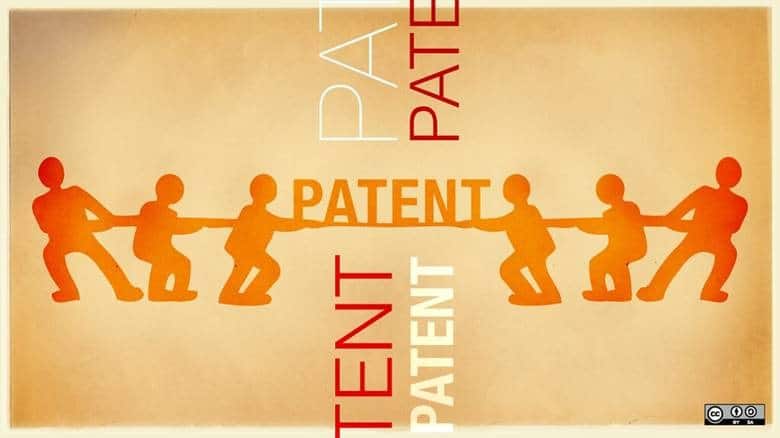The US Patent and Trademark Office (USPTO) recently issued a study entitled “Patent eligible subject matter: Public views on the current jurisprudence in the United States.”
The report was prepared in response to a request from Senators Thom Tillis (R-NC), Mazie Hirono (D-HI), Tom Cotton (R-AR), and Chris Coons (D-DE) in March of 2021. They expressed concern that
[s]ince the Supreme Court’s landmark decisions in Alice Corp. v. CLS Bank International and Mayo Collaborative Services Inc. v. Prometheus Laboratories Inc., there has been a lack of consistency and clarity in our nation’s patent eligibility laws.
As the USPTO noted,
current eligibility jurisprudence has a direct impact on investment, research, and innovation. Getting back to first principles, we need clear intellectual property laws that incentivize innovation, especially in key and emerging technology areas and from small to medium-sized enterprises, protect that innovation, and bring that innovation to impact including by incentivizing and protecting investment. This is critical for job creation, opportunity, economic prosperity, and U.S. competitiveness. It is also necessary to incentivize our brightest minds and greatest companies to solve world problems.
In July of 2021, the USPTO requested public comments on the current state of patent eligibility jurisprudence in the United States. More than 140 comments were received from individuals, universities, companies, and entities like the American Civil Liberties Union (ACLU).
The ACLU strongly opposes “legislative expansion of current patent subject matter eligibility doctrine” and disagreed with the premise of the request for information (RFI):
Troublingly, the RFI issued by the PTO seems to adopt the same framing as the Senators’ request, presupposing that patent-eligibility jurisprudence lacks clarity and consistent application and that this lack of clarity is causing harm. Neither the Senators’ letter nor the RFI provides any basis for the allegation that the law is inconsistent or unclear, nor does it mention the harms that people in the United States and the market face when patents on “the basic tools of scientific and technological work” drive up consumer costs and stymie competition. Any assessment of the current state of subject matter eligibility is incomplete where these vital considerations are absent. This comment provides facts challenging the unsupported premise that current patent subject matter eligibility laws are inconsistent and unclear. It also provides evidence that current patent subject matter eligibility laws spur invention and benefit the public interest.
IBM, which has been involved in over 100 patent infringement litigations since 2010, mostly as a defendant, commented that
The state of patent eligibility under 35 U.S.C. § 101 and the judicially created “abstract idea” exception continue to unnecessarily generate wide uncertainty about the validity of information technology patents and to undermine the patent incentive. It is a significant concern to innovators and patentees, who rely on the patent system to protect their investment in computer-related innovations. This uncertainty reduces public confidence in issued patents, making it harder for inventors to benefit from those patents. The eligibility test in the United States is more restrictive than in other countries and can result in denial of patent coverage for otherwise deserving inventions, which impacts investment in emerging technologies. The United States needs a more principled and certain eligibility standard.
Overall, the USPTO reported that:
- Across the spectrum, stakeholders generally agreed that the law on patent eligibility needs to be clear, predictable, and consistently applied.
- Those in support of the current state of the law on eligibility tended to be companies faced with abusive and costly litigation involving “overbroad,” mostly software, patents. Those companies noted that the current law allows them to avoid or more efficiently resolve abusive, costly litigation. Certain life sciences and patient advocacy organizations also favored the current law, noting its role in enhancing access to medical technologies.
- Those critical of the current state of the law included many patent practitioners and innovative companies, especially companies involved in life sciences. Those stakeholders noted that making patents less available and rights less predictable, inhibits investment in new technologies and companies. Several startups and small and medium-sized enterprises also noted that the current law undermines innovation by decreasing the availability of private risk capital and works to concentrate markets in the hands of a few large, well-resourced incumbents.
The USPTO said these results weren’t surprising and that it would continue to solicit feedback from stakeholders. Additional feedback and suggestions can be submitted to 101@uspto.gov.
Just like the haiku above, we like to keep our posts short and sweet. Hopefully, you found this bite-sized information helpful. If you would like more information, please do not hesitate to contact us here.


